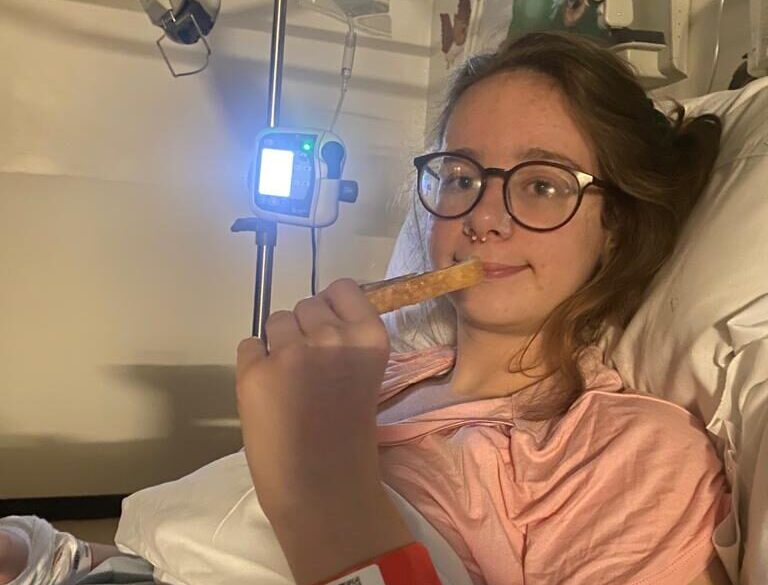Seriously ill young people left in the lurch as UK fails transition from children’s to adult health services
Families of seriously ill young people report catastrophic failures in health and other services as their children turn 18, according to a survey by national children’s charity WellChild.
When surveyed, nearly 70 percent of families reported inadequate and deficient experiences of transitioning from children’s to adult services as their child approached adulthood.
As it is widely recognised that people have different experiences of transition depending on where in the UK they live, WellChild sought to hear directly from young people with complex health needs and their parents or carers.
The responses revealed that this vulnerable and commonly overlooked group of young people were rarely consulted and often left with little or no information about ongoing health support or who to turn to for help.
Nearly 60 per cent felt the planning process for transition started too late, leaving more than half of young people completely unprepared and others reporting there was no formal or structured process in place.
Responses included:
- Nearly 70 per cent of respondents described their overall experience of transition as poor.
- Over half of young people didn’t feel prepared at all.
- Nearly 70 per cent of young people weren’t given a chance to meet the adult teams to which they were transitioning
- More than 70 per cent didn’t have a key worker or even know who to contact about their health after moving to adult services
Of those who recounted negative experiences of a young person’s transition, it was common that nothing in the process had gone well with regular reports of poor communication and disappointment and exhaustion caused by the process. For others there was simply no process at all, leaving many young people post transition without specialist support from adult services. Respondents commented:
“We really had no planning, just thrown into a jungle where everything conflicts and doubles.”
“All services just abandoned him.”
Responding to this devastating picture, WellChild enlisted expert health professionals, including WellChild nurses who specialise in transition, to develop guidance on how to improve planning and services for children with complex needs as they move from adolescence into adulthood and beyond.
This free resource, WellChild’s 8 Principles for Transition, is designed to equip those professionals across health, social care and education with a responsibility to these young people to help them work together to deliver the right support, in the right place and at the right time.
Director of Programmes at WellChild, Amy Mitchell, led the development of the 8 Principles for Transition. She said:
“With improvements in medical treatment and technology, more children and young people with complex health needs are surviving into adulthood and looking forward to futures that would previously have been impossible.
We are deeply concerned to hear from so many families who’ve been left in the dark and often felt abandoned as they try to navigate their way into support for their children as adults.
It is vital that the right support and services are in place to allow this complex, vulnerable and growing group to thrive as adults as they move from children’s services.”
Olivia Green now aged 18, started to become seriously ill when she was 15, collapsing 30 times a day and unable to swallow.

Olivia and her brother, Finley, have both been diagnosed with a rare inherited condition, Ehlers-Danlos syndrome. As her condition developed and the family tried to get medical support, such as the fitting of a feeding tube, they found themselves stuck in a vicious cycle without information or support. At 16, Olivia was no longer deemed a child and able to access Children’s Services. At the same time Adult Services wouldn’t accept her until she was 18. Olivia’s mother Jennie says:
“There’s just a big gap where you’re left floundering. We were lucky to have an amazing paediatrician who worked hard to help us navigate the next steps. Even so we felt lost, eventually being referred to several separate specialists who all operated in isolation with no one coordinating or understanding the overall picture of Olivia’s condition and support needs.”
Jennie was directed to her GP but felt it was inappropriate and unfair on both the GP and the family as he had no experience of Olivia or her condition and, as with many GPs, no specialist knowledge of managing complex conditions.
Even when her local Children’s Service agreed to fit a nasogastric feeding tube for Olivia, she was subsequently discharged with no onward referral or follow up care. This could have been disastrous had Jennie herself not been a nurse and able to bring to bear her own experience. Jennie is frustrated that in her professional life she has witnessed the difference it can make when transition is properly conducted. She said:
“I’ve seen that it can be done well. I’ve been invited to meetings about a young person aged 15 where all the specialists involved in caring for them now and in the future come together to meet the family and discuss a joint approach to managing their transition to adult services. When my son Finley reaches adolescence I’d love to think something like that would be available for him.”
Three years since she first became seriously ill, Olivia still faces lots of uncertainty about who to turn to with her ongoing health needs. However she remains determined to follow her dream of studying English and Drama at university this September.
WellChild’s 8 Principles for Transition, have been launched today, during this year’s Annual National Transition Conference. The free resource is available to download here. WellChild is keen to continue to improve the support and advice it provides to professionals and families on this issue and would welcome feedback on the resource.




